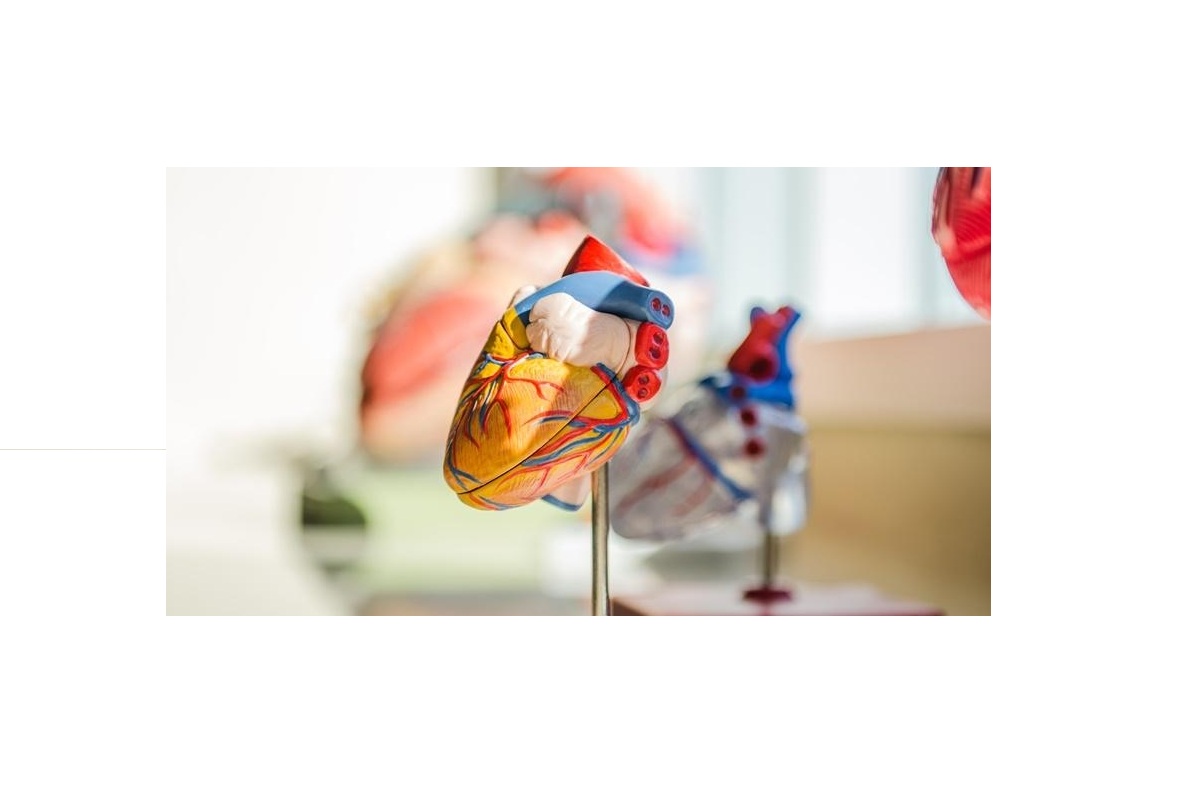Cardiovascular risk underestimated for people in HIV, finds global study
A team of US researchers has found that for people with HIV, current risk models underestimated cardiovascular events in both women and black men in high-income countries.
Using statins may help people with HIV infection keep cardiovascular diseases at bay, according to a new report.

(Photo: IANS)
Using statins may help people with HIV infection keep cardiovascular diseases at bay, according to a new report.
The study, published in the New England Journal of Medicine, showed that people with HIV infection who received pitavastatin — a medication used to lower high cholesterol — had a lower risk of a major adverse cardiovascular event than those who received placebo over a median follow-up of 5.1 years.
Advertisement
They were also 35 per cent less likely to suffer major heart complications, including heart attacks, heart failure or strokes, compared to those who received placebo.
Advertisement
“Persons with human immunodeficiency virus (HIV) infection have up to two times the risk of cardiovascular disease as those without HIV infection. This risk is not explained by the presence of risk factors for atherosclerotic cardiovascular disease, nor is it eliminated by successful antiretroviral therapy and viral suppression,” wrote Matthew S. Freiberg, from Vanderbilt in a related editorial.
The risk of cardiovascular disease is known to be high among persons with human immunodeficiency virus (HIV) infection, so data regarding primary prevention strategies in this population are needed, said researchers including from Harvard Medical School and Vanderbilt University Medical Center, in the US.
“Assessing cardiovascular risk among persons with HIV infection has proved to be difficult because calculators for cardiovascular disease typically underestimate the risk in this population,” he added, while emphasising the need for data regarding primary prevention strategies in this population.
In the phase 3 trial, the team, also from Harvard Medical School, randomly assigned 7,769 participants with HIV infection with a low-to-moderate risk of cardiovascular disease who were receiving antiretroviral therapy to receive daily pitavastatin calcium (at a dose of 4 mg) or placebo. The randomised, double-blind trial was conducted in 12 countries in Asia, Europe, North America, South America, and Africa.
The study results showed that the incidence of a major adverse cardiovascular event was 4.81 per 1000 person-years in the pitavastatin group and 7.32 per 1000 person-years in the placebo group.
Muscle-related symptoms occurred in 91 participants (2.3 per cent) in the pitavastatin group and in 53 (1.4 per cent) in the placebo group; diabetes mellitus occurred in 206 participants (5.3 per cent) and in 155 (4.0 per cent), respectively.
Advertisement